The Other Side of the Mountain
‘A deeply moving journey into self-discovery, spirituality, and purpose.
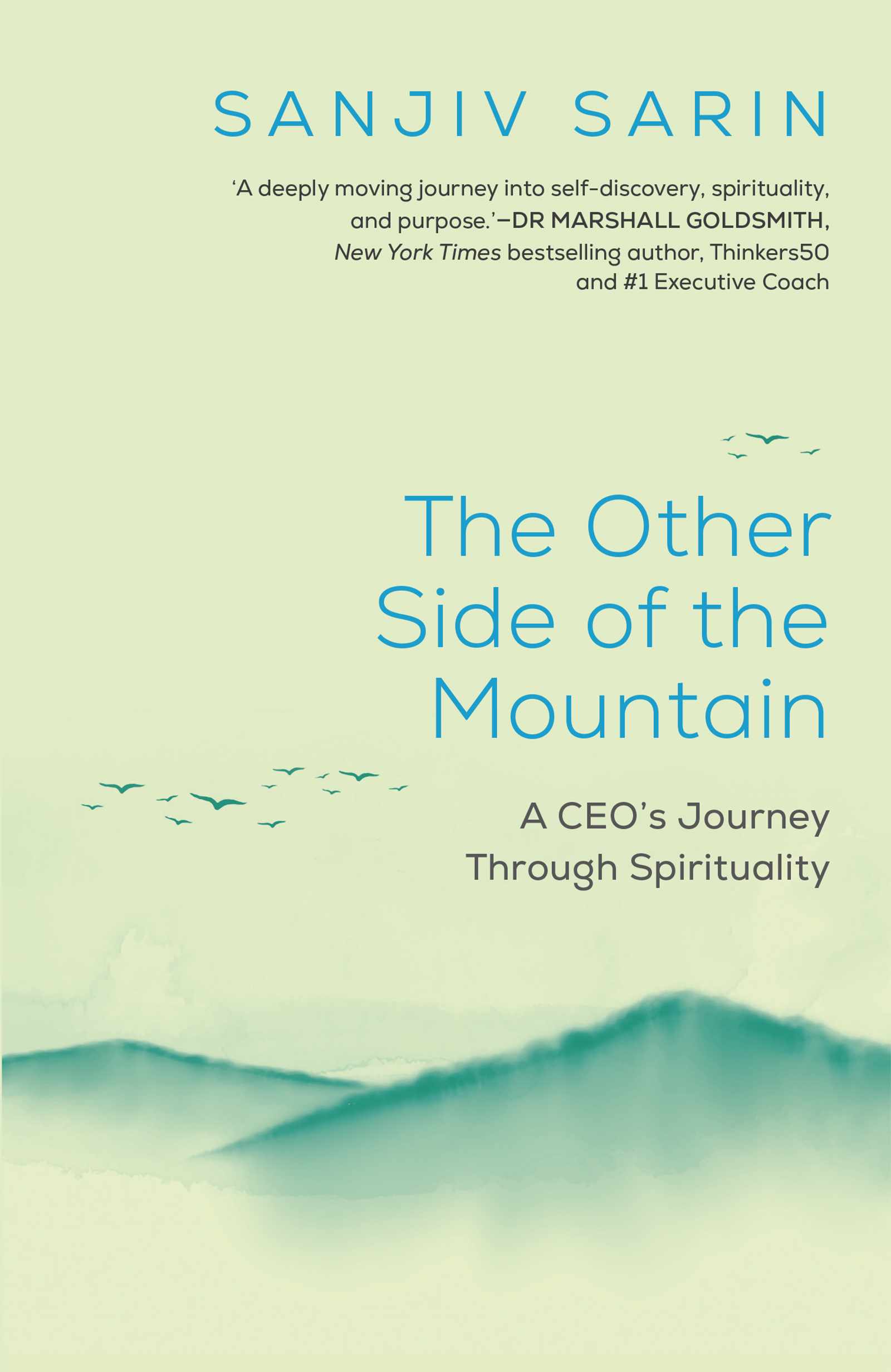

‘A deeply moving journey into self-discovery, spirituality, and purpose.

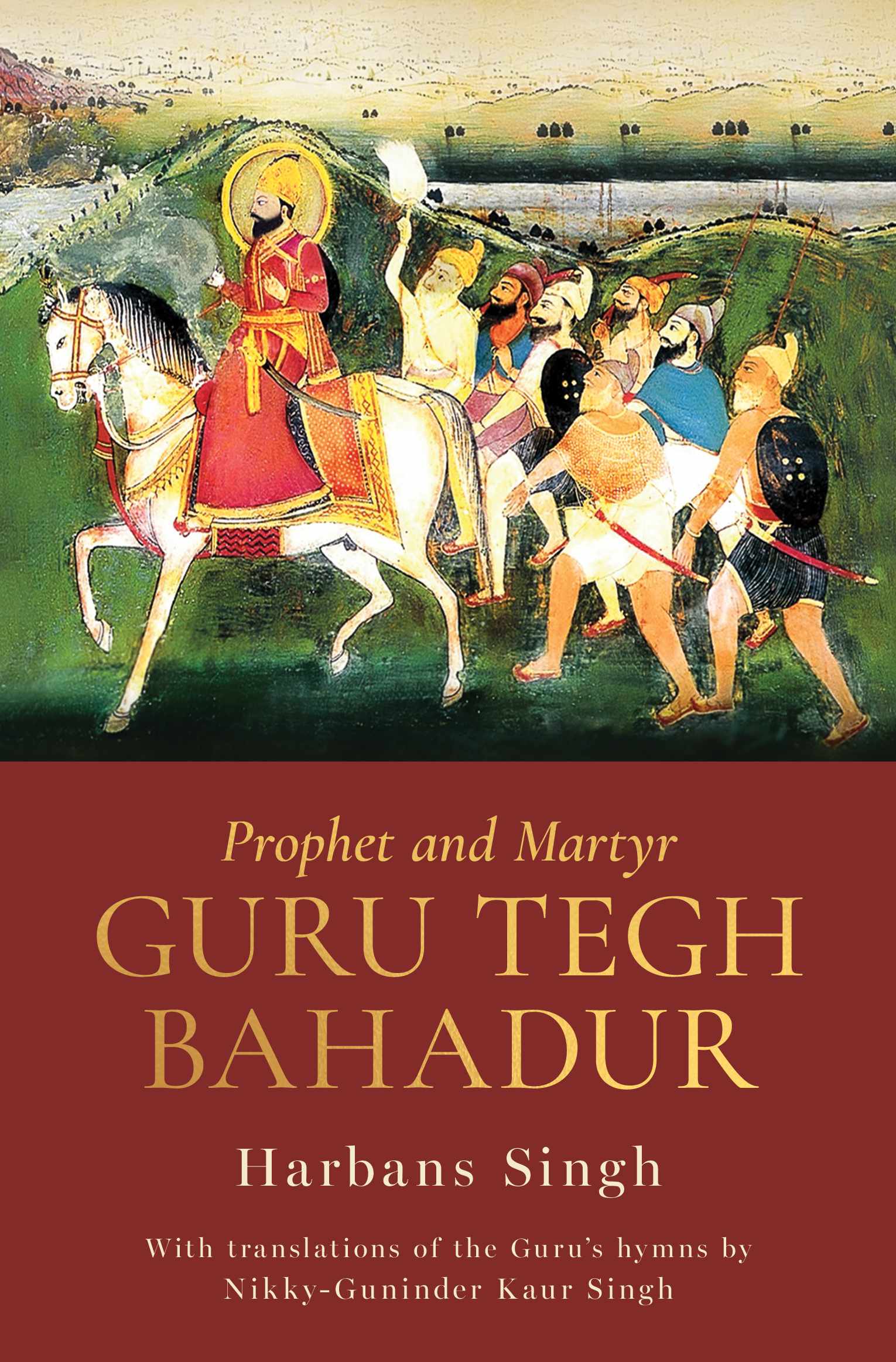

In this landmark biography, Harbans Singh presents the extraordinary life and supreme sacrifice of Guru Tegh Bahadur, Ninth Guru of the Sikhs.

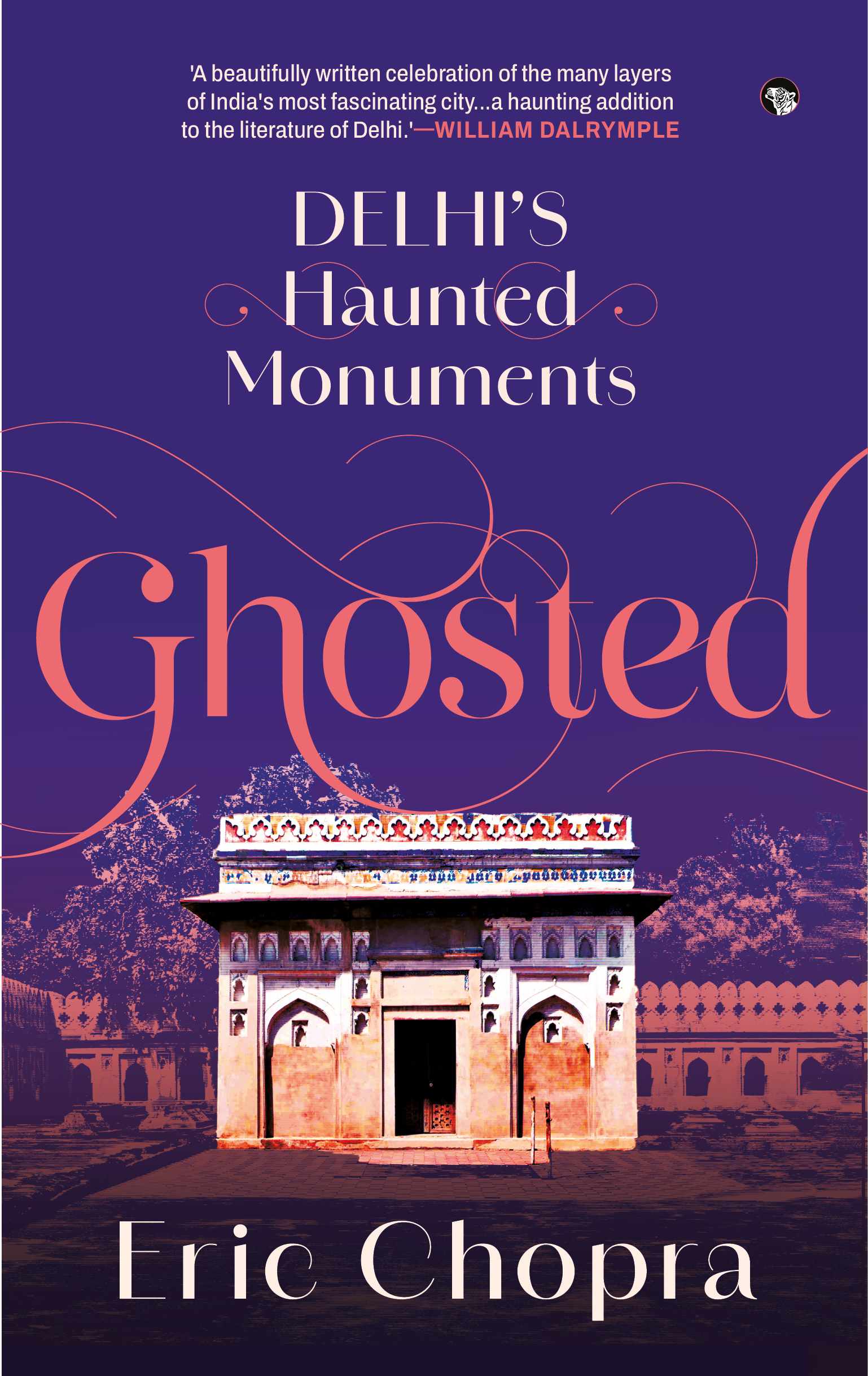




‘A deeply moving journey into self-discovery, spirituality, and purpose.



In this landmark biography, Harbans Singh presents the extraordinary life and supreme sacrifice of Guru Tegh Bahadur, Ninth Guru of the Sikhs.

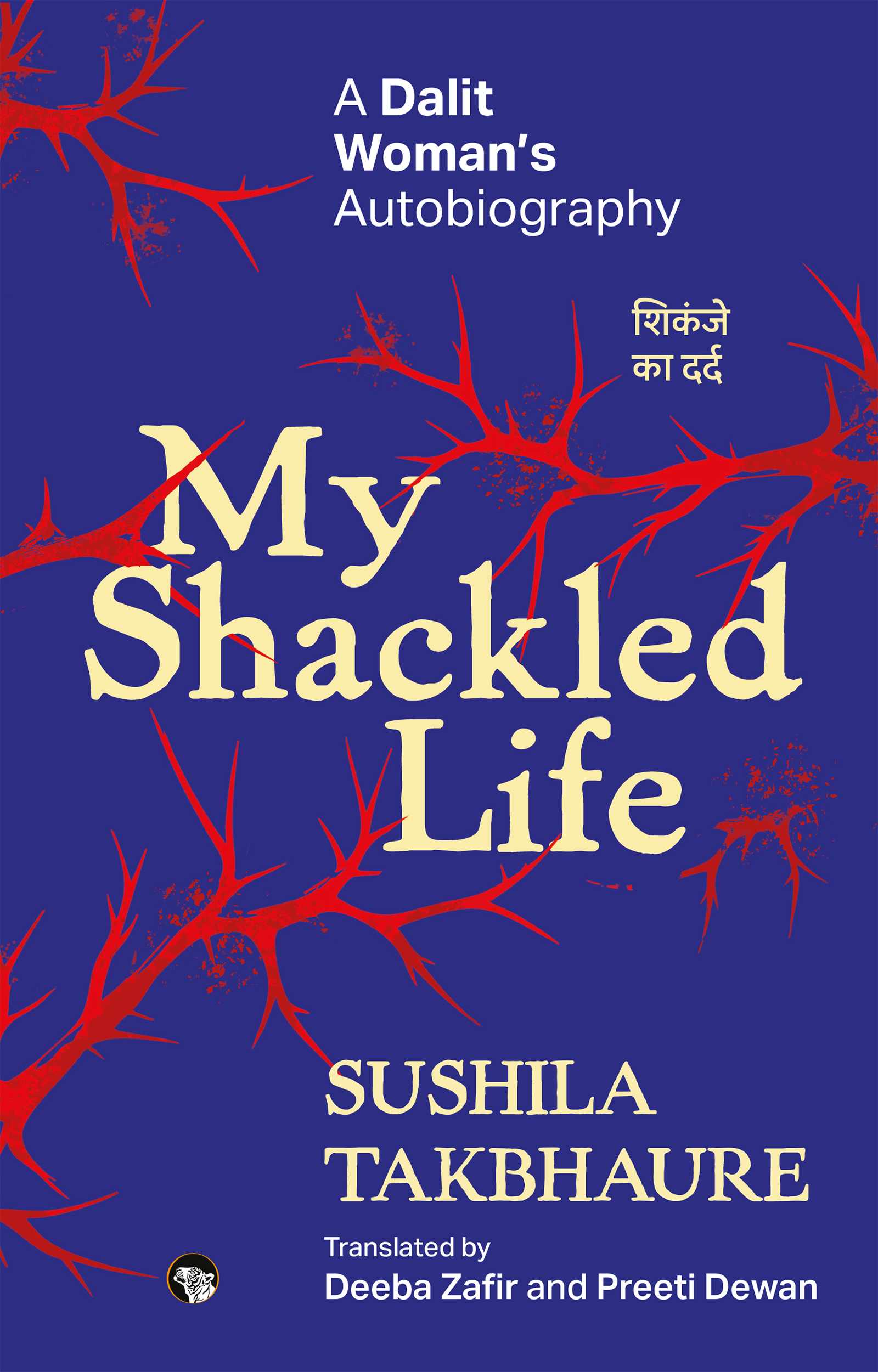

A Dalit woman’s journey from a caste-bound village in Madhya Pradesh to empowerment through education and self-respect struggles.



‘Baranay writes evocatively… raising serious questions within vivid description.

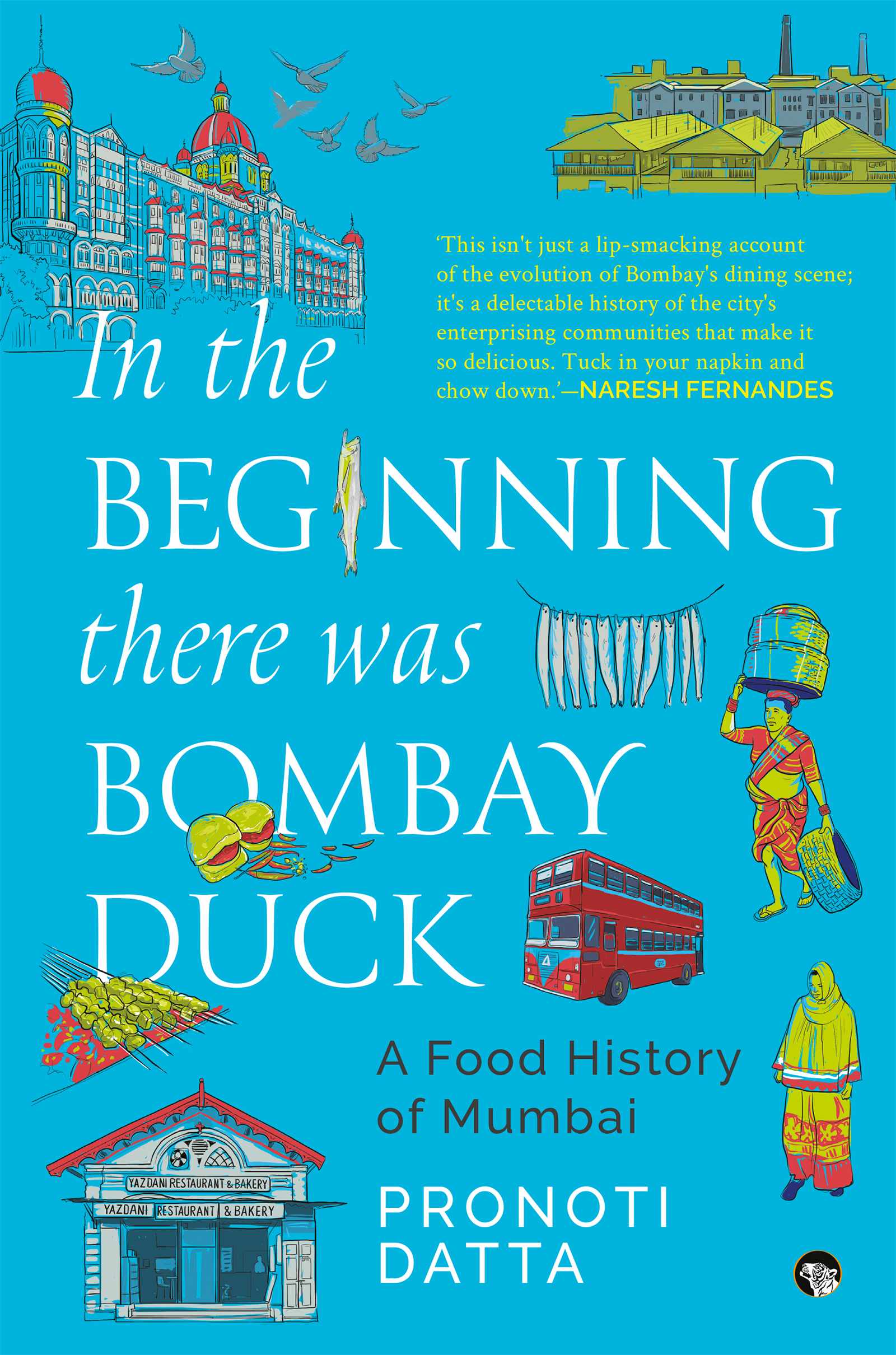

‘Just what we needed. The first comprehensive history of dining in Mumbai/Bombay, India’s food capital.



‘A deeply moving journey into self-discovery, spirituality, and purpose.




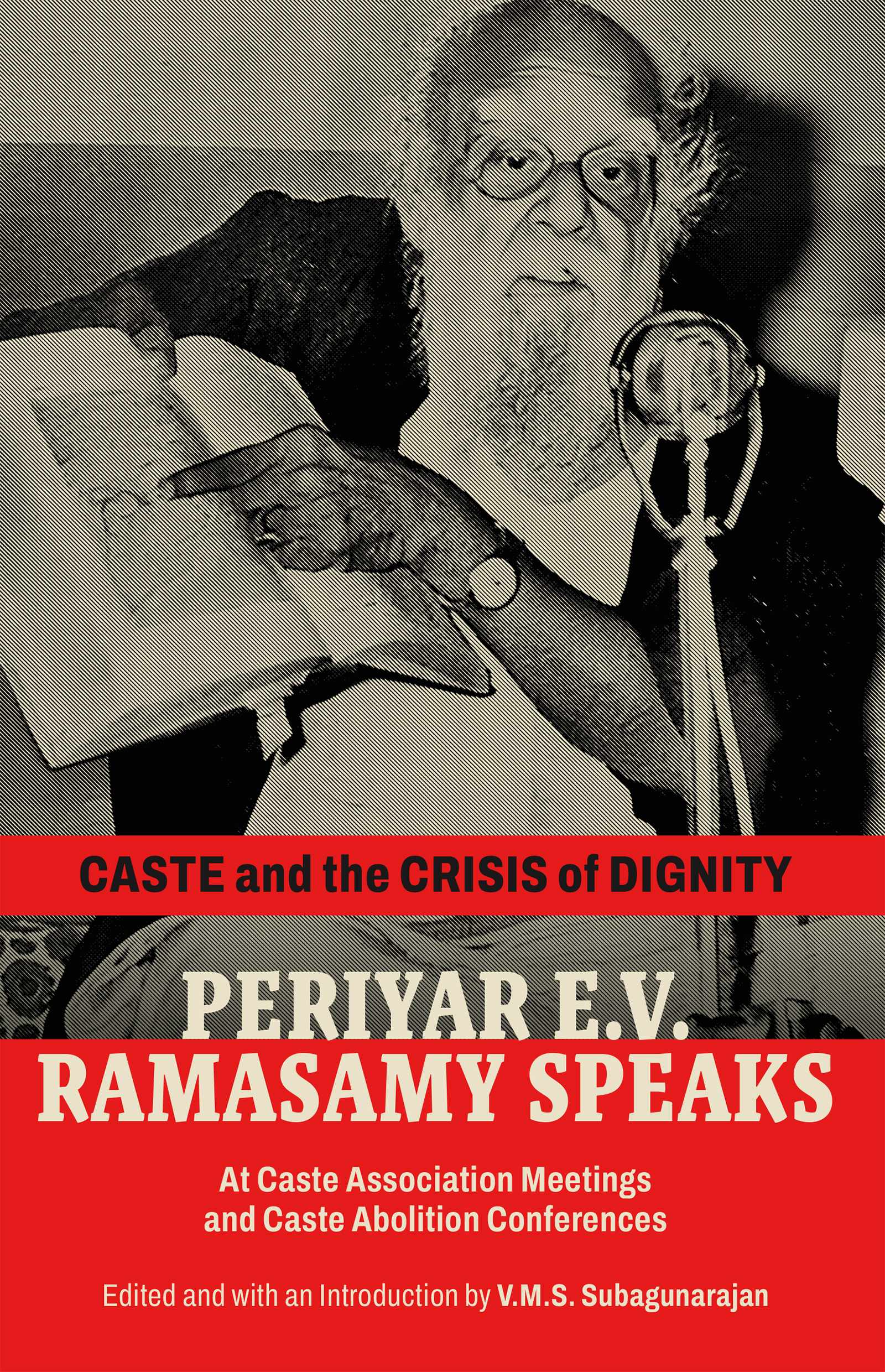

‘I cannot think of a better time to resurrect Periyar’s words and world. Truly essential reading for all Indians committed to a better tomorrow.

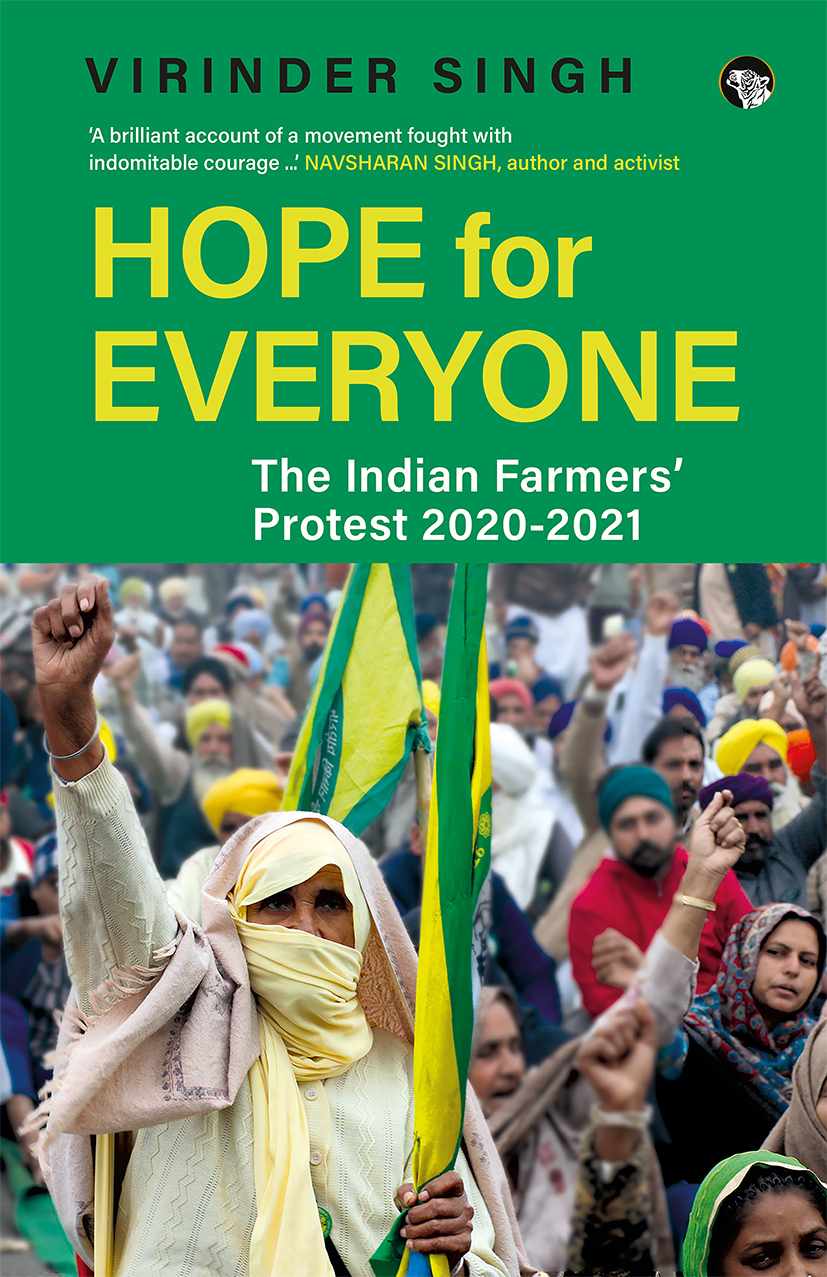

‘The largest, the longest and the most powerful nationwide farmers’ struggle in the history of India and also in the world, with the exception of the momentous Chinese Revolution.

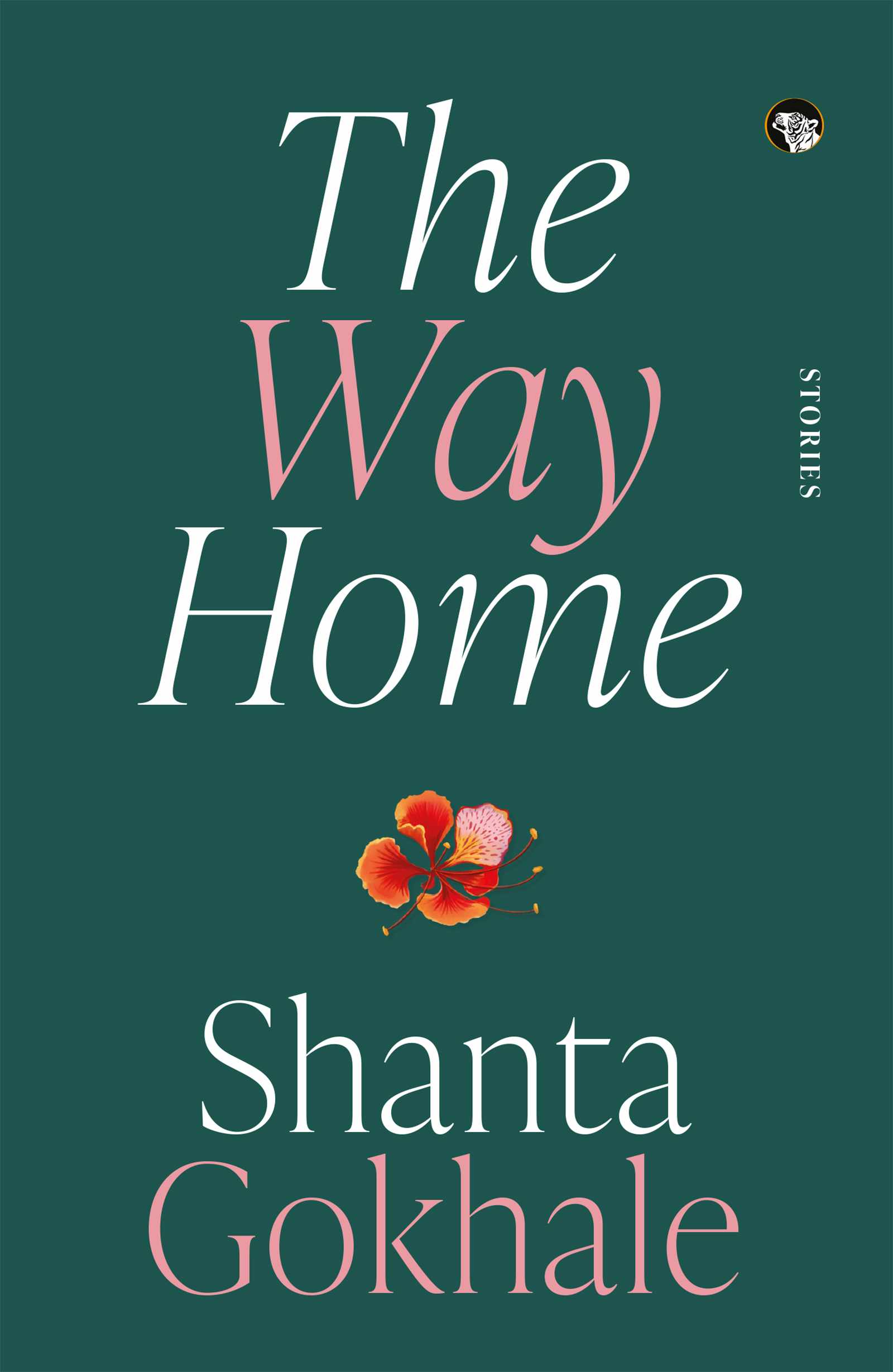

Shanta Gokhale, award-winning writer, critic and translator, brings her sharp understanding of the human condition to this collection of her finest short fiction.

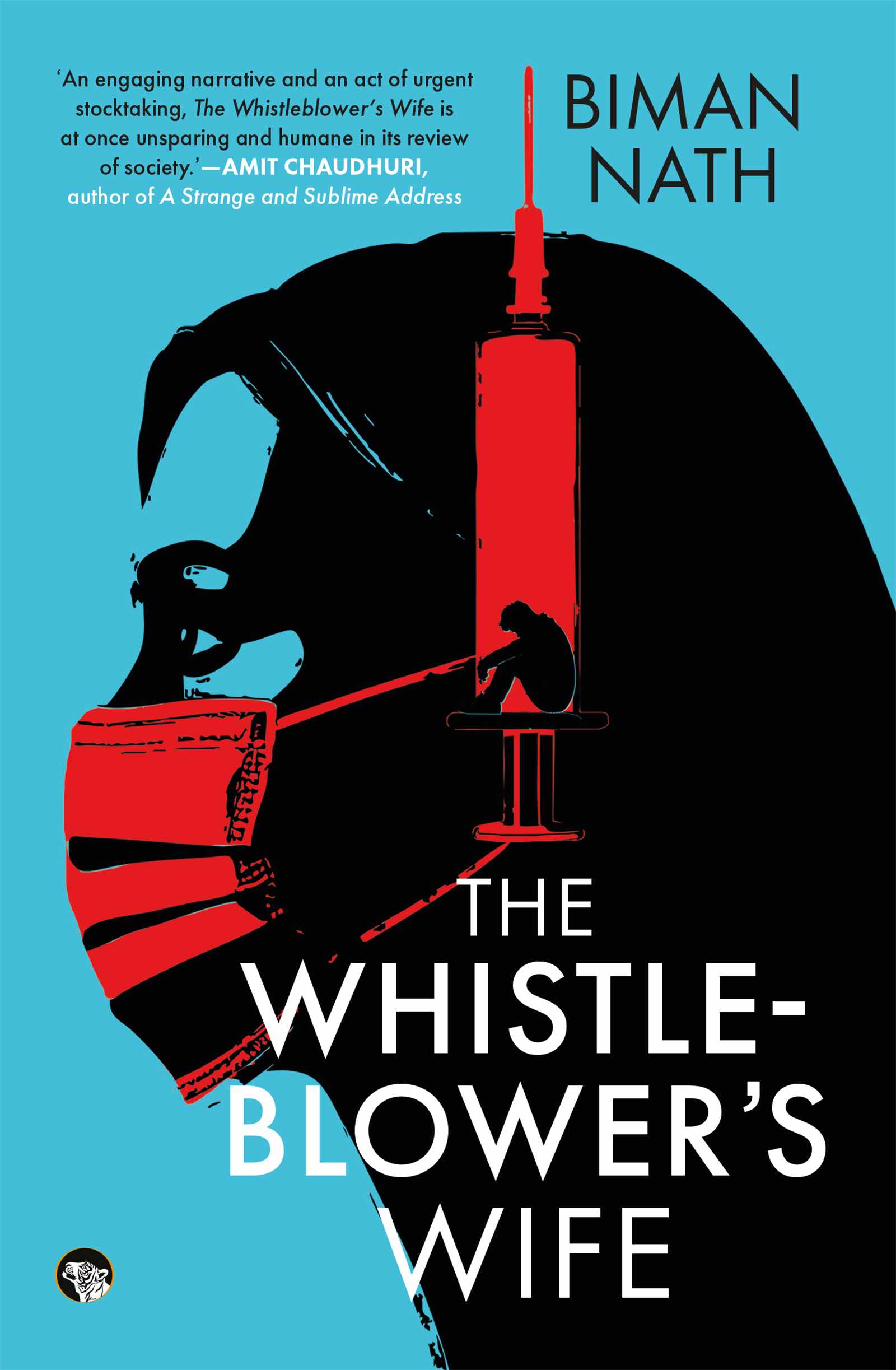

‘In true thriller mode, this novel unravels a conspiracy in high places, resisted by a lone, doomed voice.

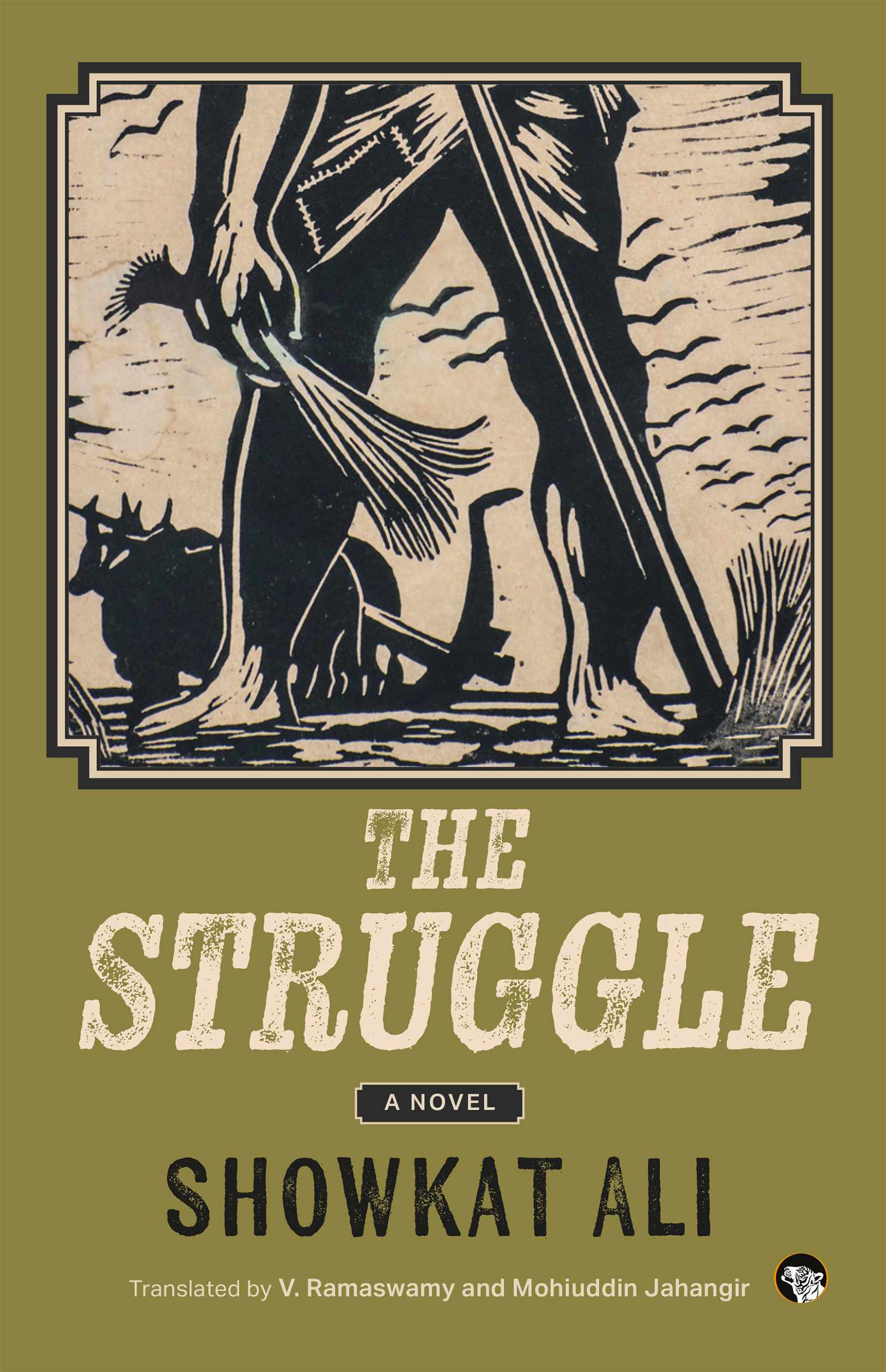

Set in a remote village in the Dinajpur region of undivided Bengal during the mid-1940s, The Struggle tells the intertwined story of Phulmoti—a young widow fighting to hold on to her land, her dignity and her child—and Qutubali, a simple-minded outsider whose unexpected kindness and fierce loyalty make him her unlikely ally amid the upheavals of a precarious feudal order and the stirrings of a nation on the verge of independence.

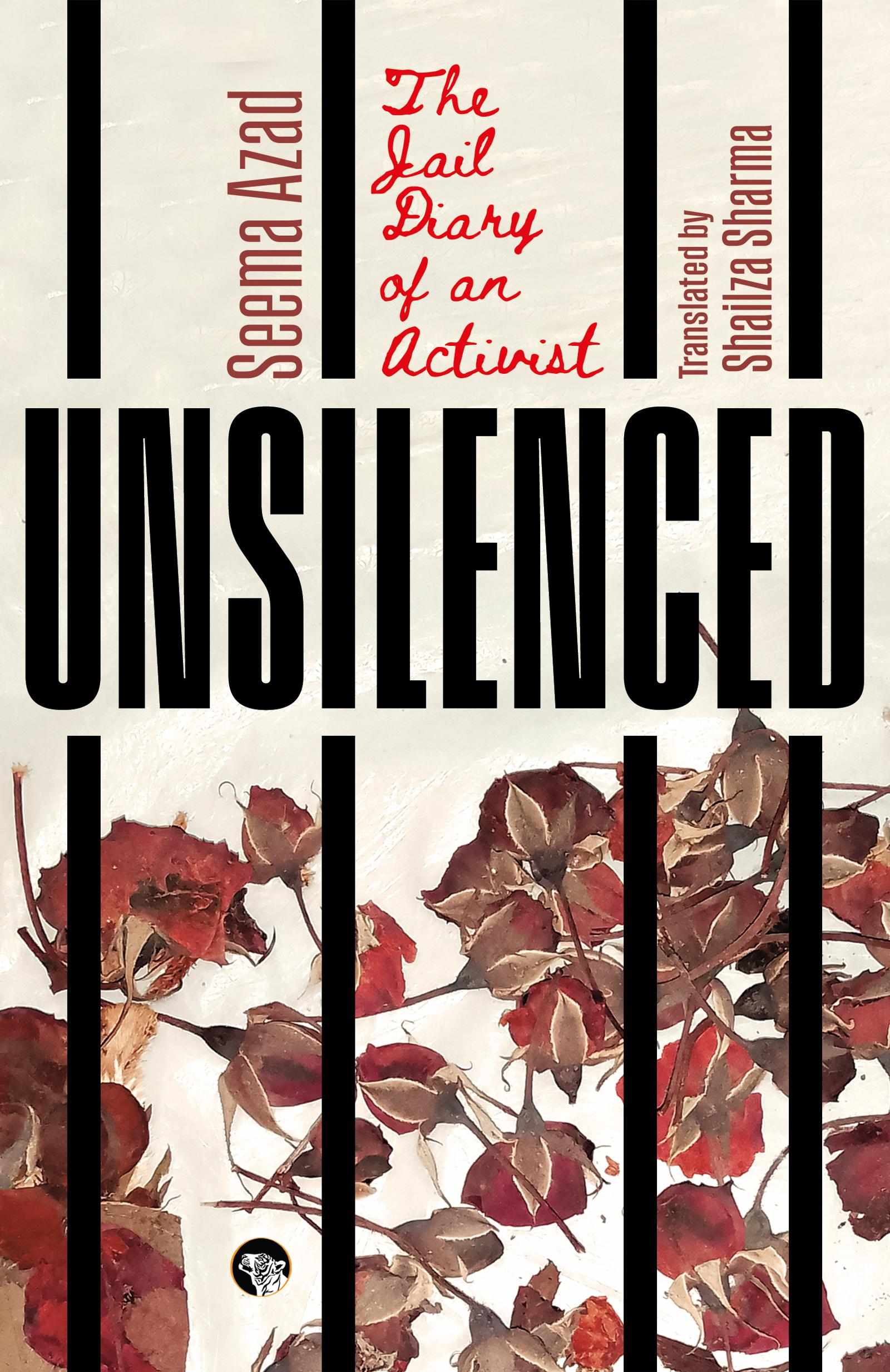

On a crisp morning in February 2010, journalist-activist Seema Azad boarded a train from Delhi to Allahabad with a bag of books purchased from the World Book Fair.



River Traveller tells the story of a great river, as powerful as it is mysterious.



In this landmark biography, Harbans Singh presents the extraordinary life and supreme sacrifice of Guru Tegh Bahadur, Ninth Guru of the Sikhs.

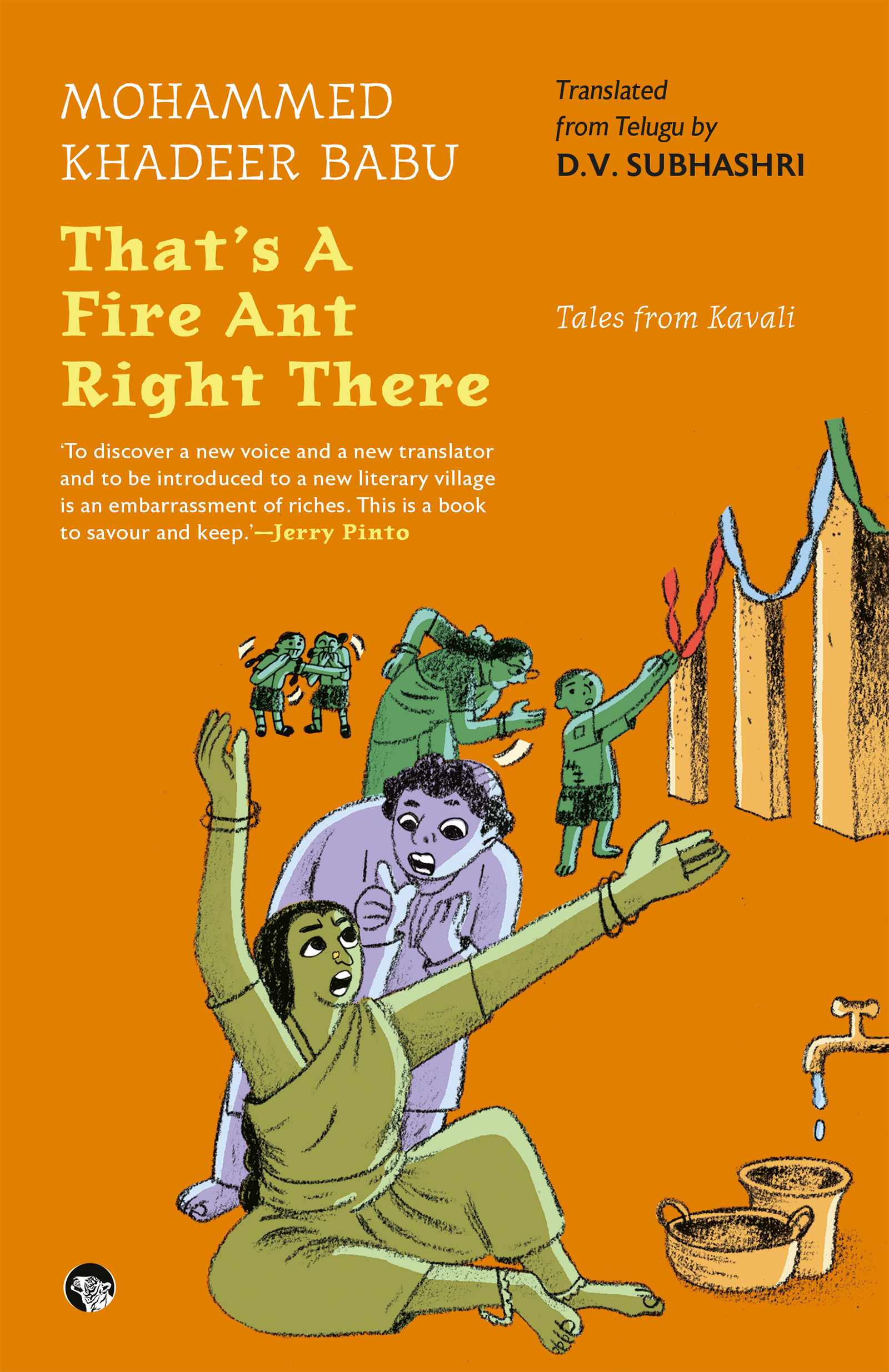

‘Here is a writer with the courage to look into the well of truth and to proclaim fearlessly what he finds there: inherited ideas, prejudices and superstitions and eye-wateringly realistic characters [that] stride across the page.



Dreams. Illusions. Reincarnation. Karma. Dreams are a serious matter in Indian myth and religions, especially Hinduism.



‘A pacy whyhedunnit/ifhedunnit! It makes for rich delight when a top-class writer like Ikhwan turns his hand to homicide.’—Tarun J.



This first-of-its-kind book tells the story of the Naga national movement from the inside.



Born into an eminent merchant family in Ladakh in 1918, Khwaja Abdul Wahid Radhu, often described as ‘the last caravaneer of Tibet and Central Asia’, led an unusual life of adventure, inspiration and enlightenment.



I want a poem like thick tropical rain. Dense green spatter of syllables, Drumbeat consonants, fertile with meaning. Sudden. Short. Unforgettable.



In his pathbreaking fiction, the acclaimed Tamil writer Imayam has written about the brutal complexities of the caste system and patriarchy in unadorned, powerful prose.
